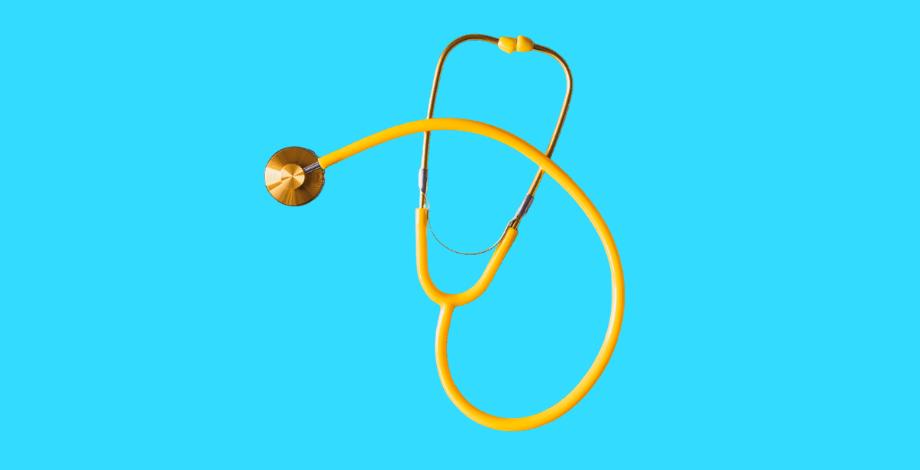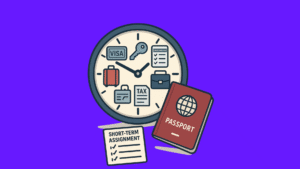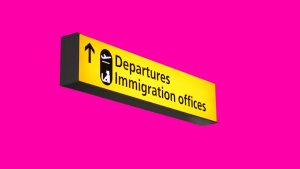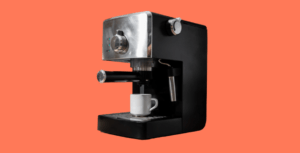The Netherlands is praised for the quality of its healthcare system. As all the residents of the Netherlands are legally required to take out health insurance, it is important to research and understand the Dutch healthcare system. The Dutch healthcare system comes with many perks and high-quality service, therefore, to fully benefit from this system, you need to know your rights and obligations. Here we will explain all you need to know to understand the healthcare system and insurance to have the best experience as a resident in the Netherlands.
Dutch Healthcare System
The Dutch healthcare system is based on three main principles: accessibility, solidarity, and high-quality services. The system ensures that everyone in need of healthcare is provided for and can afford all essential services.
The healthcare system in the Netherlands is divided into three compartments: long-term care, basic medical care and supplementary care.
Long-Term and Basic Medical Care
Long-term and basic medical care are both covered by mandatory health insurance in the Netherlands. Long-term care provides high-level care for elderly people, people with chronic illnesses, and people with mental or physical disabilities. Basic medical care will provide general practitioner (GP) visits, hospital visits, specialist visits, prescribed medications, and mental healthcare.
Accessing Healthcare in the Netherlands
If you are just settling in the Netherlands, receiving healthcare may seem complicated at first. Here are some simple steps to follow.
2. Local registrations
In order to take out health insurance and benefit from healthcare services, you need to register at your local municipality (gemeente) as soon as you arrive. Through this registration with the Dutch Municipal Personal Records Database (BRP), you will receive your citizen service number (BSN). You will need your BSN number to take out Dutch insurance and to find a local GP and register with them.
In order to pick up prescriptions, you will also need to find and register at a local pharmacy.
Tip If it is your first visit to your pharmacy, do not forget to bring your ID and insurance card.
2. Take out healthcare insurance
With your BSN number, you can now take out your chosen healthcare insurance from your preferred provider.
Every resident of the Netherlands needs to have basic healthcare insurance within the first four months of their arrival. You may not need to personally take out healthcare insurance if you are an employee and your company is covering you so check with your HR department. If you are a freelancer or self-employed, it’s your responsibility to take out insurance.
Note Children are covered under their parent’s package with the Dutch mandatory healthcare insurance
3. Healthcare Services
For non-emergency cases, you can always make an appointment and visit your local GP. In order to make an appointment, you will need to register with them beforehand. During your consultation, if the GP sees it applicable, they may refer you to a specialist depending on your case.
During later hours and weekends, you can visit huisartsenpost (out-of-hours GP service) for urgent (not emergency) health matters. For emergency cases, you can call 112 and visit the local hospital.
Tip Due to staff shortages, GP appointments may not be available as soon as preferred. As it may take a few weeks until you can visit your GP. It is always important to complete your registrations and book your appointments as soon as possible, especially for families with children.
Health Insurance
Types of Health Insurance
Basic health insurance in the Netherlands is provided by private insurance companies but regulated by the government. Other than basic mandatory health insurance (basisverzekering), you can also take out optional additional insurance (aanvullende verzekering).
Basic health insurance covers the following:
- General practitioner (GP) care
- Specialist care
- Hospital care
- Medications listed on the basic list of health insurance drugs
- Some forms of medical equipment
- Maternity care
- Dental care for children up to 18 years old
Depending on your needs, additional insurance can also cover:
- Dental care for adults
- Physiotherapy: Basic insurance covers a limited number of physiotherapy sessions. Additional insurance packages can be purchased to cover more sessions.
- Alternative medicine: Basic insurance does not cover alternative medicine, such as acupuncture or homoeopathy.
- Vision care: Basic insurance does not cover glasses or contact lenses.
Obtaining Health Insurance
After obtaining your BSN number, you need to choose an insurance provider and sign up for a policy. You can either do this online or in the office. It is important to choose the policy right for you depending on your medical history, conditions, needs, preferences, and budget.
Tip When choosing the right provider for you, you can benefit from websites to view different health insurance policies with your preferred insurance additions and compare costs. Or you can consult an insurance broker.
Note Dutch insurance companies are legally obligated to offer you a basic package and cannot deny you. However, they do reserve the right to decline if it is an additional insurance package.
Cost of Health Insurance
With any insurance package you take out, you will need to pay a monthly premium. The average premium price of a basic health insurance package in the Netherlands is around €100-€150. The overall cost of health insurance will depend on what policy you choose, your age, and whether you qualify for any benefits and discounts.
Aside from the monthly premium, residents in the Netherlands are also obligated to pay a deductible (eigen risico) for primary care. When you visit a hospital, you need to pay a part of the costs through your annual eigen risico amount.
Some healthcare services that do not require eigen risico are:
- Appointments with your local GP
- Dental healthcare and physiotherapy for children up to 18 years
- Pregnancy, birth care, and midwifery services
Although at first sight, the Dutch healthcare system may seem complicated, after adequate research it is one you can highly benefit from. After deciding on the ideal health insurance for you depending on what additions you may need, your mind will be at ease knowing that the healthcare system in the Netherlands will protect and provide for you.
Get Support
Are you relocating to the Netherlands for work? Here at Jimble Destination Services Provider, we provide support at every step of your relocation journey. Contact us to talk to one of our specialists, or visit our website to find out how we can help you have the best relocation experience.










